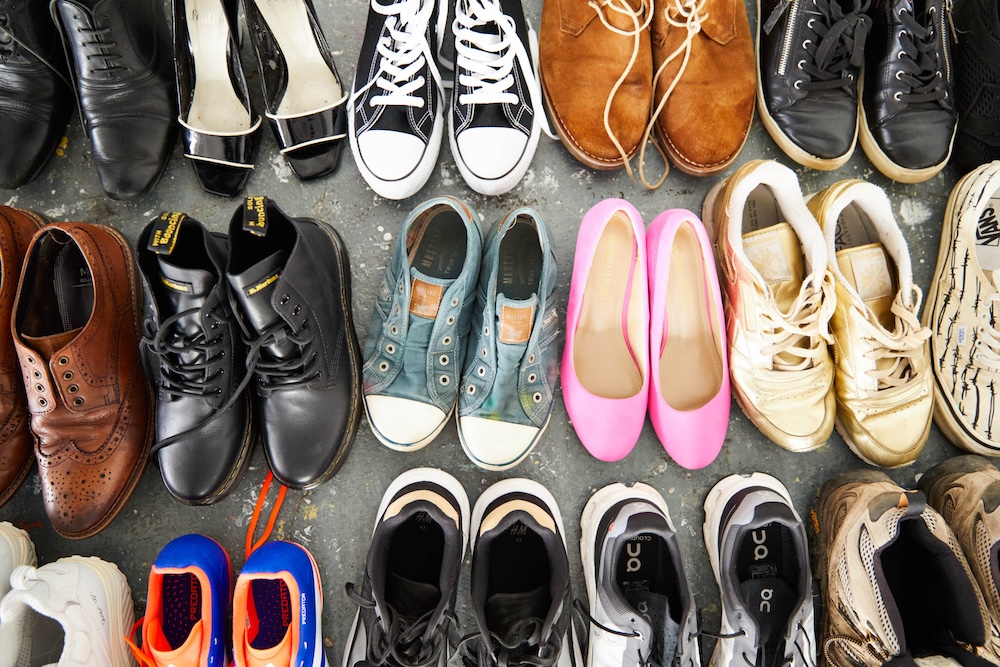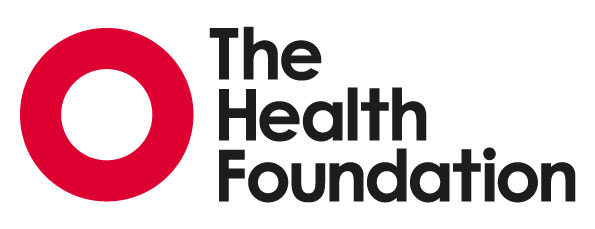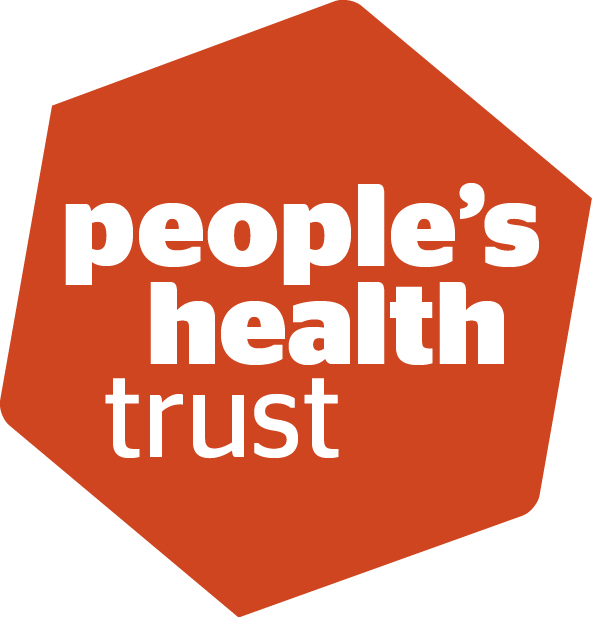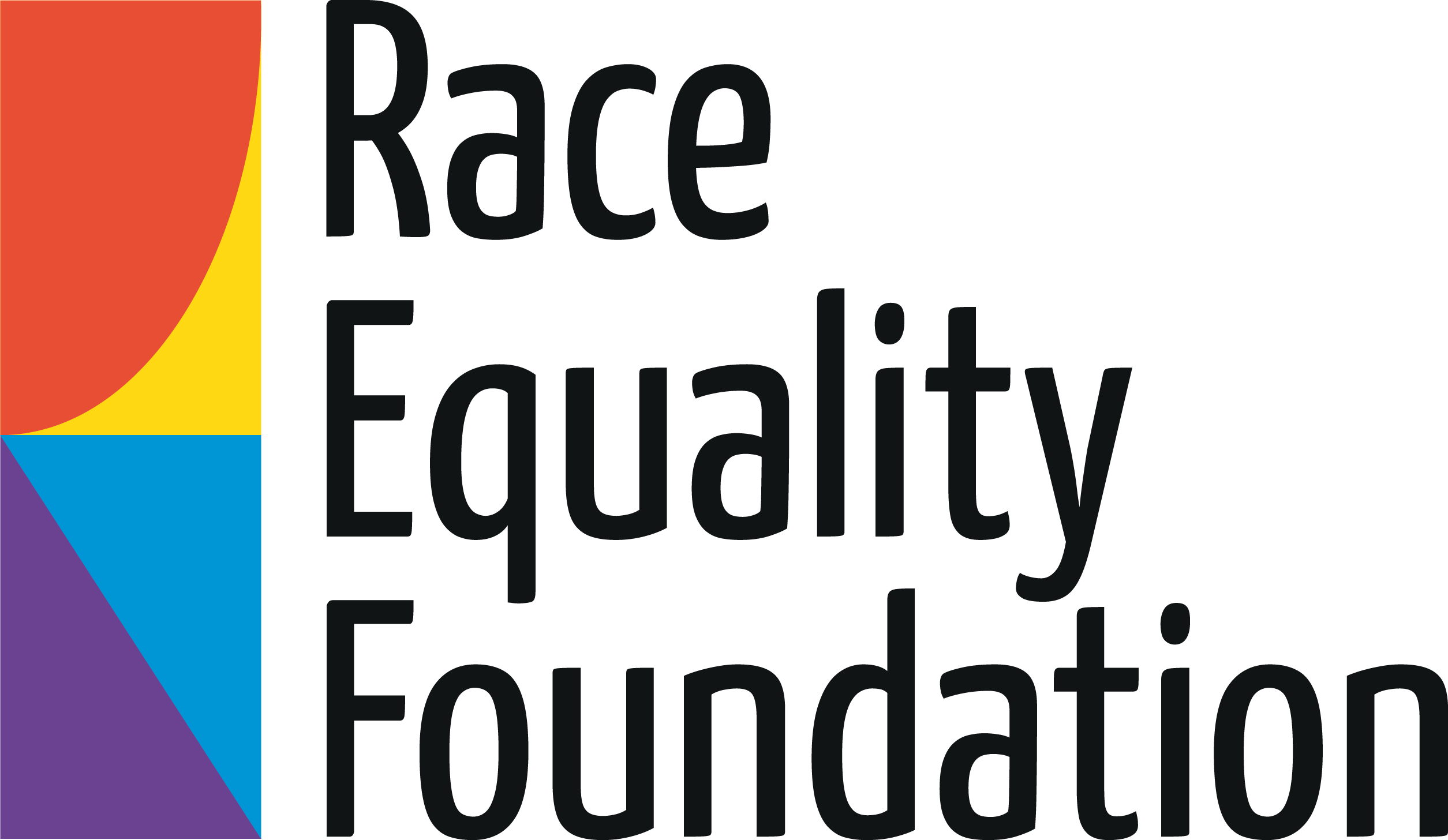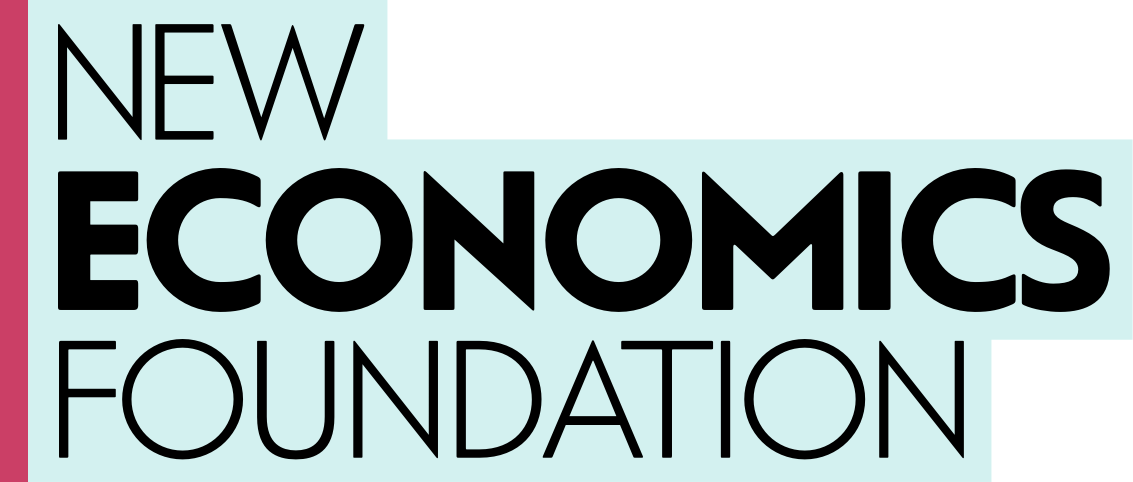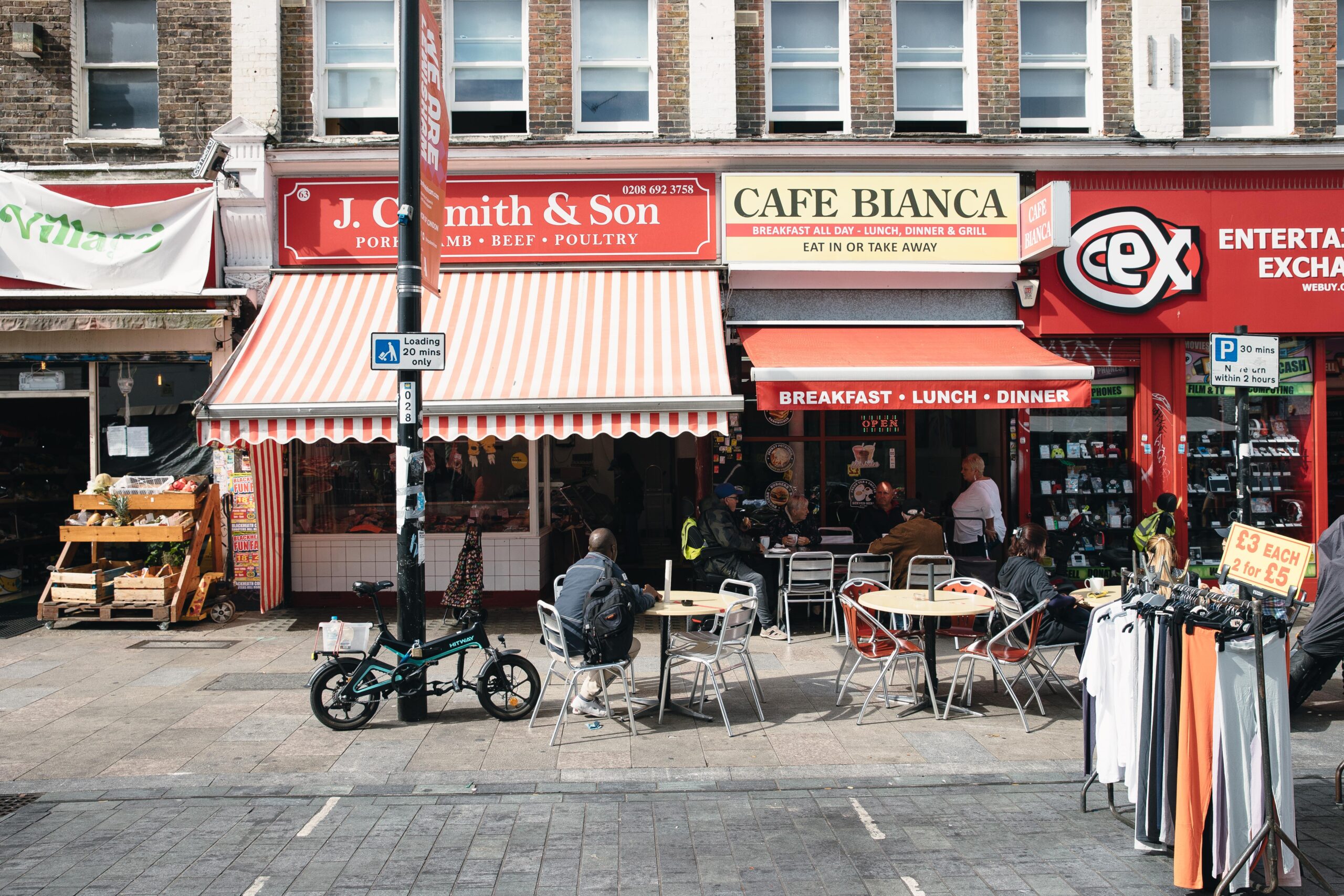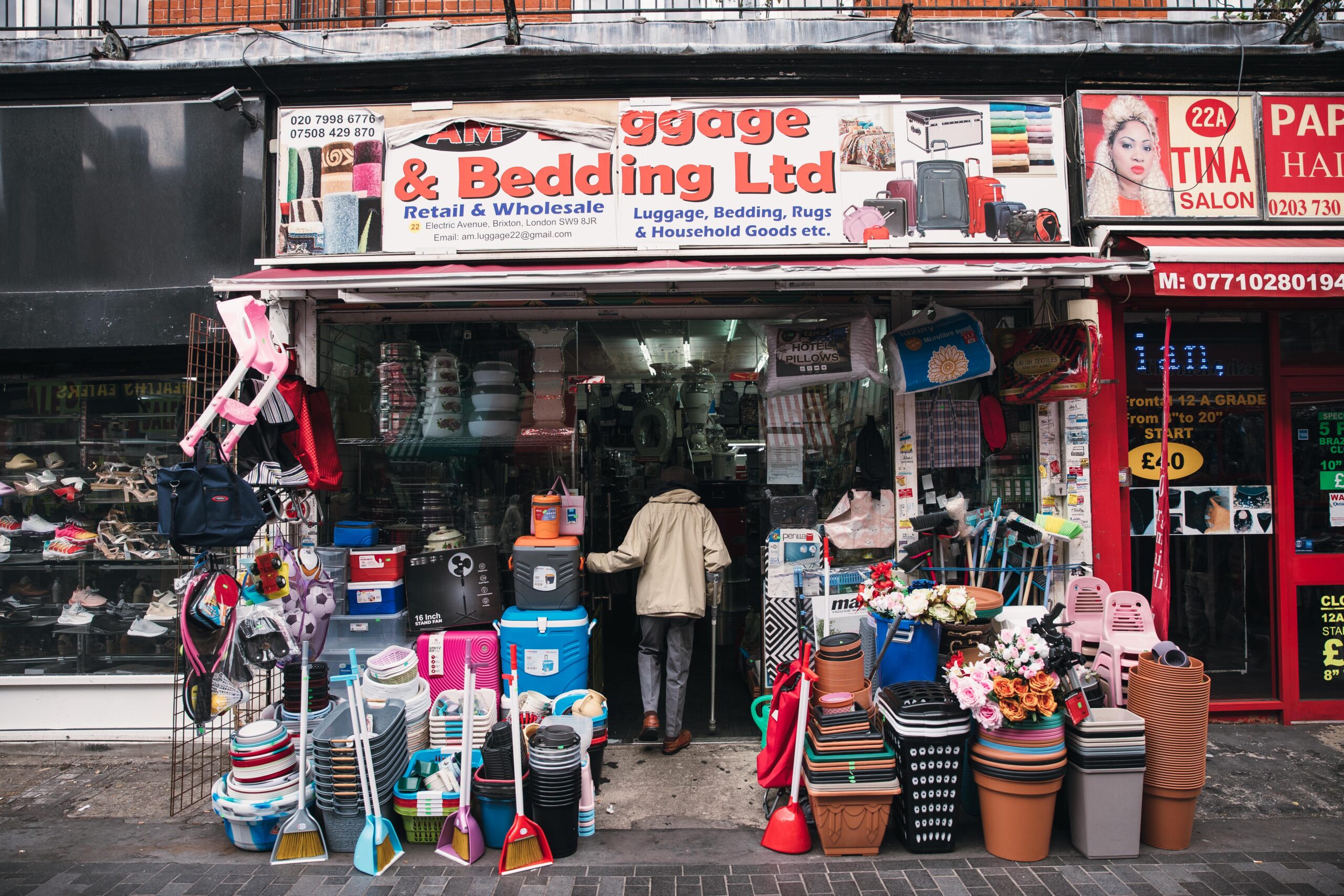Money in our pockets
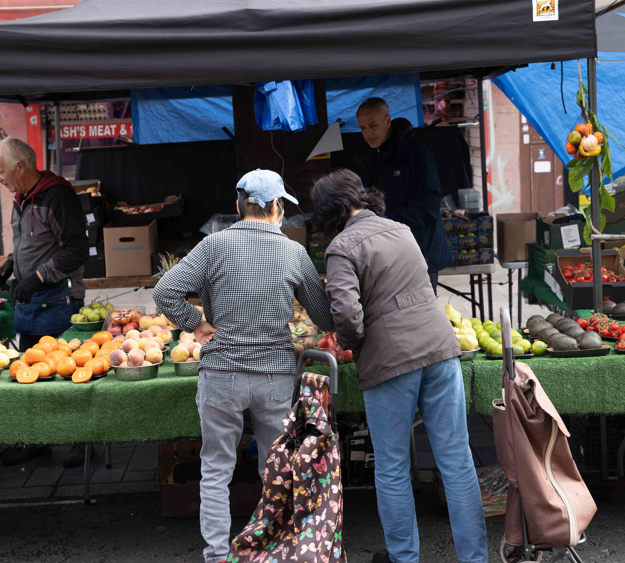
The connection between money and health isn’t just theoretical — it’s undeniable. When money is tight, staying healthy becomes harder.
When there’s enough money coming in, life feels more manageable. We can plan ahead and make choices that support our health without a second thought — like buying fresh food, turning the heating on when it’s cold, or taking time off work to rest and recover when we’re unwell. We can get around, afford childcare, or say yes to after-school clubs that help our kids thrive.
When things are tight, health takes a hit
Money gives us options. It gives us security. And most importantly, it gives us the headspace to look after ourselves and the people we love.
But when money is tight, that freedom disappears. We start having to make impossible choices — between paying the rent and filling the fridge, between buying school uniforms and topping up the gas meter. The stress builds. We might shop for cheap convenience foods or skip meals to make food stretch. We might ignore health problems because we can’t afford the bus fare to the doctor, or the unpaid time off work.
And over time, the toll can add up: leading to higher levels of stress, anxiety, depression, and even long-term health conditions like heart disease or diabetes.
Income doesn’t just affect what’s in our wallets. It affects how long we live — and how well. Children in low-income families are more likely to face worse health outcomes, even before they reach adulthood.
Matt works as the Campaigns Manager at Manchester’s Central Foodbank, supporting over 1,600 people every month to access nutritious food.
We always spoke about the food bank as a kind of, like short-term measure. Sadly, we just got busier and busier and busier every year.
It doesn’t have to be like this
Right now, it feels like times are tough for everyone, but especially for those already living hand-to-mouth. And while personal budgeting and resilience are often talked about, the truth is that much of this is out of people’s hands.
But it doesn’t have to be. Employers, government, and policymakers have the power to ease these pressures: by ensuring wages match the real cost of living; by providing secure work and fair conditions; and, by strengthening the systems that support us when life gets difficult.
OUR
MEMBERS & SUPPORTERS
Meet our members and supporters who are working to support people out of poverty and raise awareness of the link between money and health.
Read the latest insights on how the amount of money we have in our pockets shapes our health.

